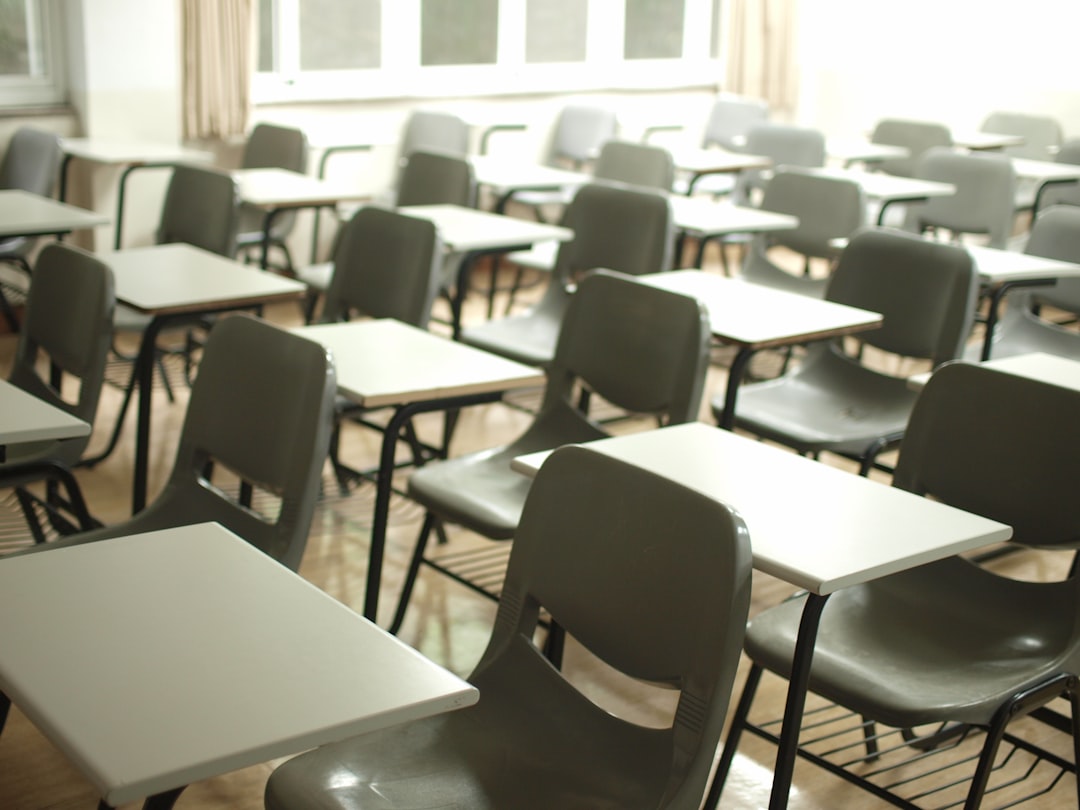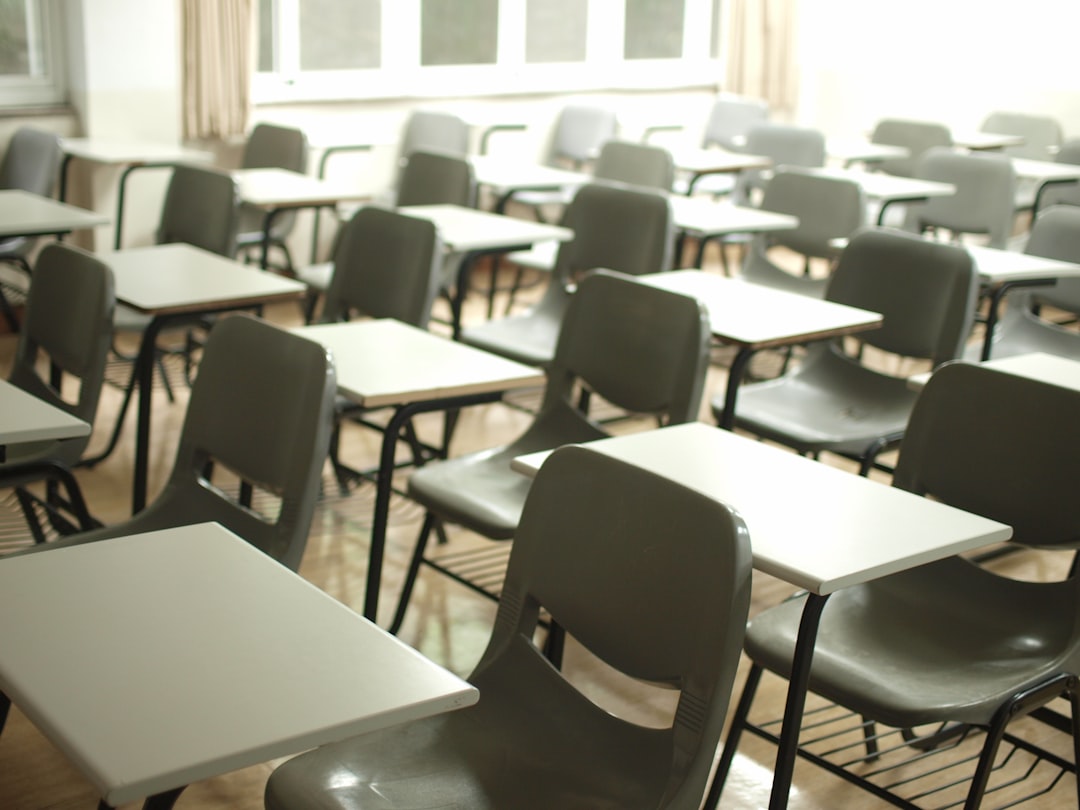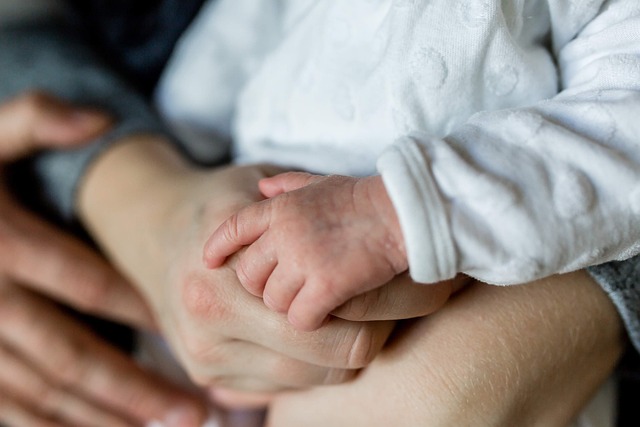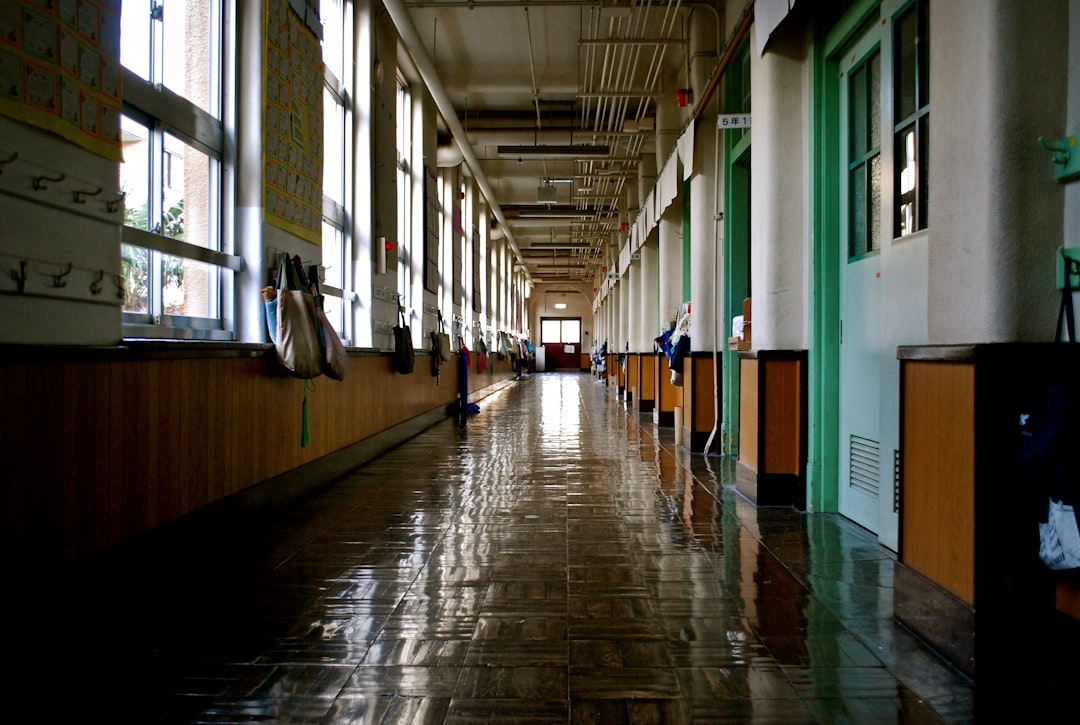Sexual abuse in Pittsburgh schools is a growing concern requiring a unified effort from stakeholders. Recent data shows an increase in cases across Pennsylvania, with many incidents unreported due to victim fear or lack of understanding. Parent involvement is crucial through engagement, attendance at meetings, and participation in school activities to identify risks. Open communication between schools, parents, and dedicated legal support from school abuse lawyers Pittsburgh PA creates a safer environment for early detection and prevention. Schools should foster trust, host informative sessions, provide accessible communication channels, and educate parents on signs of abuse and consent to empower them in their children's safety.
In Pittsburgh, preventing sexual abuse within the school system is a collaborative effort between educators and parents. This article explores strategies to fortify defenses against this pervasive issue. We delve into understanding the scope of the problem locally, establishing trust with parents, and implementing early intervention techniques. By harnessing the power of partnership, schools can create a safer environment for students. Engaging parents as allies is key, and Pittsburgh school abuse lawyers highlight the importance of open communication channels to protect our youth.
Understanding the Scope of Sexual Abuse in Pittsburgh Schools
Sexual abuse in Pittsburgh schools is a complex and critical issue that requires collective effort to address. According to recent statistics, child sexual abuse cases have been on the rise across Pennsylvania, with Pittsburgh not being an exception. This problem encompasses various forms, from inappropriate touching and exposure to more severe physical assaults. School abuse lawyers in Pittsburgh PA highlight that many incidents go unreported due to fear, shame, or a lack of awareness of available resources.
Parent involvement is a pivotal strategy in preventing and combating school-related sexual abuse. By staying informed, attending parent-teacher meetings, and participating in school activities, parents can better understand potential risks and early warning signs. Collaboration between schools and parents through open communication channels empowers them to create a safer environment for students. This partnership also ensures that any suspected or reported cases are promptly investigated and handled according to legal guidelines, with the support of school abuse lawyers in Pittsburgh PA when necessary.
Building Trust and Communication Channels with Parents
Building a strong foundation of trust and open communication is vital for schools aiming to collaborate effectively with parents in preventing sexual abuse. School administration should prioritize creating safe spaces where parents feel comfortable voicing their concerns, sharing their values, and offering insights into their children’s lives. Regular meetings, informative sessions, and accessible communication channels, such as dedicated email addresses or parent-teacher portals, can facilitate this process. Encouraging two-way dialogue enables schools to better understand parental perspectives, identify potential risks, and implement strategies tailored to the unique needs of each family.
By fostering trust, schools can ensure that parents feel empowered to report any suspicious behavior or concerning incidents involving their children. This partnership is crucial in detecting and addressing potential abuse early on, which is a key strategy recommended by school abuse lawyers in Pittsburgh, PA. Effective communication channels also provide a platform for schools to educate parents about the signs of abuse, the importance of consent, and healthy boundaries, empowering them to play an active role in their children’s safety.
Strategies for Prevention and Early Intervention: Empowering Both Parties
In the fight against sexual abuse within schools, collaboration between educational institutions and parents is a powerful tool. Empowering both parties with knowledge and strategies can significantly contribute to prevention and early intervention. Schools in Pittsburgh, PA, can organize informative sessions and workshops for parents, teaching them signs of potential abuse and how to initiate open conversations with their children. These discussions should cover age-appropriate topics related to personal boundaries, consent, and safe spaces, fostering an environment where students feel comfortable discussing sensitive matters.
Additionally, schools can provide resources and guidelines on recognizing unusual behaviors or changes in a child’s demeanor, which might indicate underlying issues. Encouraging parents to maintain an accessible line of communication with teachers and school counselors allows for swift action if any concerns arise. By working together, Pittsburgh schools and parents can create a supportive network that not only protects students but also equips them with the skills to protect themselves, making it a collaborative effort towards a safer learning environment. This proactive approach ensures that both institutions and families are actively involved in preventing school abuse.





